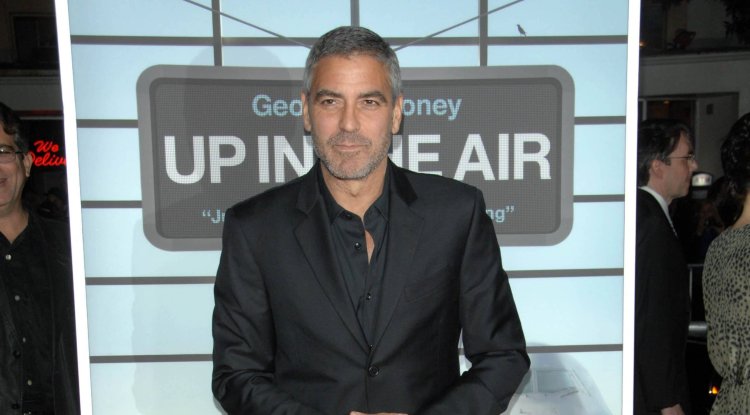Toxic Triangle In A Relationships

Since the 1960s, psychologists have known about the dramatic triangle, sometimes known as the poisonous triangle. It's a model of dysfunctional social relationships that can exist in family, friendship, relationships, and work.
Victim, savior, and persecutor are the three roles in the poisonous triangle.
Each of these jobs entails a distinct set of behaviors. The one thing that is clear about this triangle is that there will be some confrontation.
Many of us have been indoctrinated since childhood to fit into one of three categories. Only by learning healthy methods of behavior will we be able to break free from the triangle.
Victim - "Poor me"
Victims frequently feel alone, powerless, and despairing in their situations. They believe that life has been unfair to them and that the universe owes them something. They believe it is difficult to make positive changes in their life.
They lack self-confidence and trust in themselves, and they frequently blame others for their unpleasant lives. To address their difficulties, they require rescues. They are rarely accountable for their conduct. They feel bad when they realize what they're doing, so they wallow in self-pity.
"Poor me, you're all against me..." they'll often say.
These people act as though they are victims even when they are not; they refuse to accept their faults and believe that the only injustice that exists is that which is directed at them. If they do not break free from the poisonous triangle, they will be unsatisfied for the rest of their lives, unable to address issues or accept responsibility.
Savior - "Let me help you"
Rescuers will constantly be on the lookout for victims, attempting to save them and protect them from harm. They do everything they can to assist the sufferer because they cannot stand by and watch someone who is powerless.
They are unaware that if they assist the victim, she would always rely on them.
Rescuers frequently put others' needs ahead of their own. They were probably forced to take on the role of rescuer as a result of childhood trauma and were taught that their feelings were meaningless from an early age. Lifeguards are frequently children who have matured too quickly.
They are chronically fatigued and emotionally exhausted because they are constantly too busy, always attempting to remedy the issue in whichever relationship they find themselves in. People in this position must learn to value themselves and concentrate on their difficulties.
Persecutor - "It's your fault"
The persecutors play the most stringent function in the poisonous triangle. They are prone to criticism, rigid, and have extremely definite limits that they will not modify, even if it is to their cost. They are always competing with others and must win at any costs.
Persecutors point the finger at the victims and insult the rescuers. They see through other people's masks, completely oblivious to the fact that they are poisonous as well.
Their issue is that they can constantly criticize but never propose a solution. They simply want to uncover the perpetrator and feel victorious, particularly in the discussion.
Bullies frequently refuse to change, whether verbally or violently, since they feel they are always correct.




























